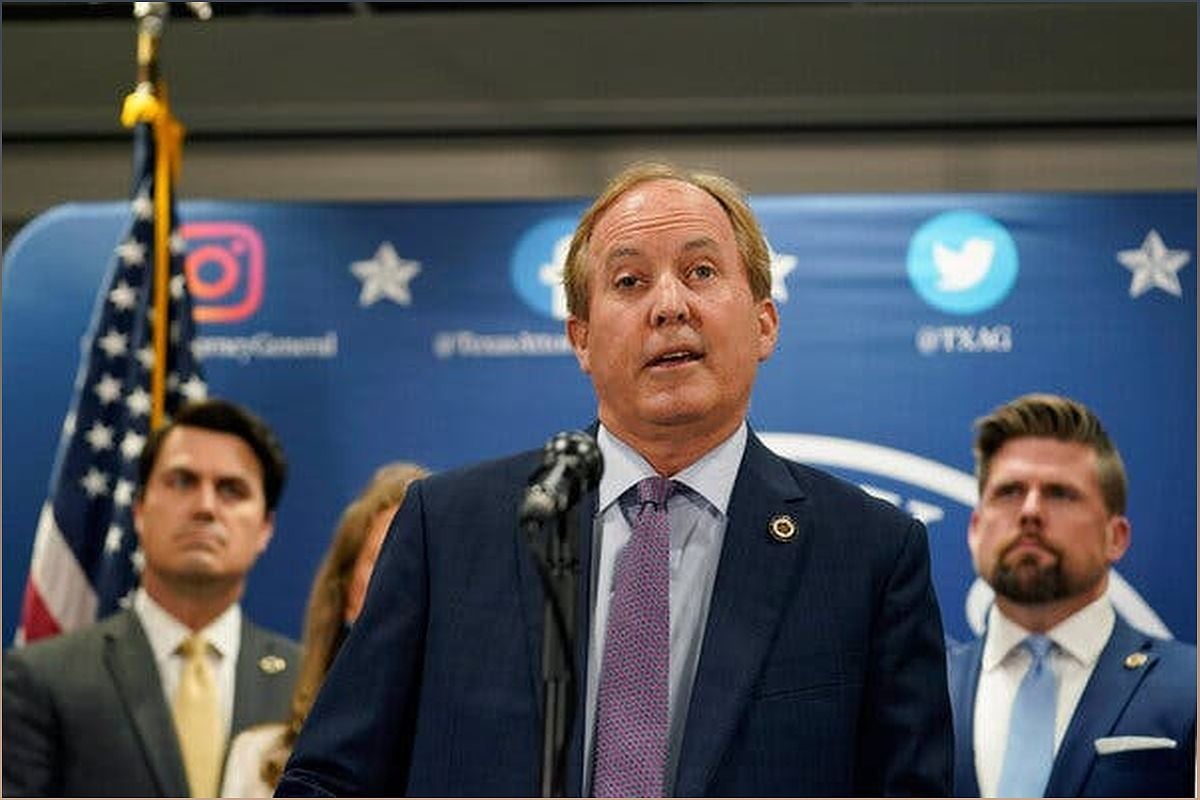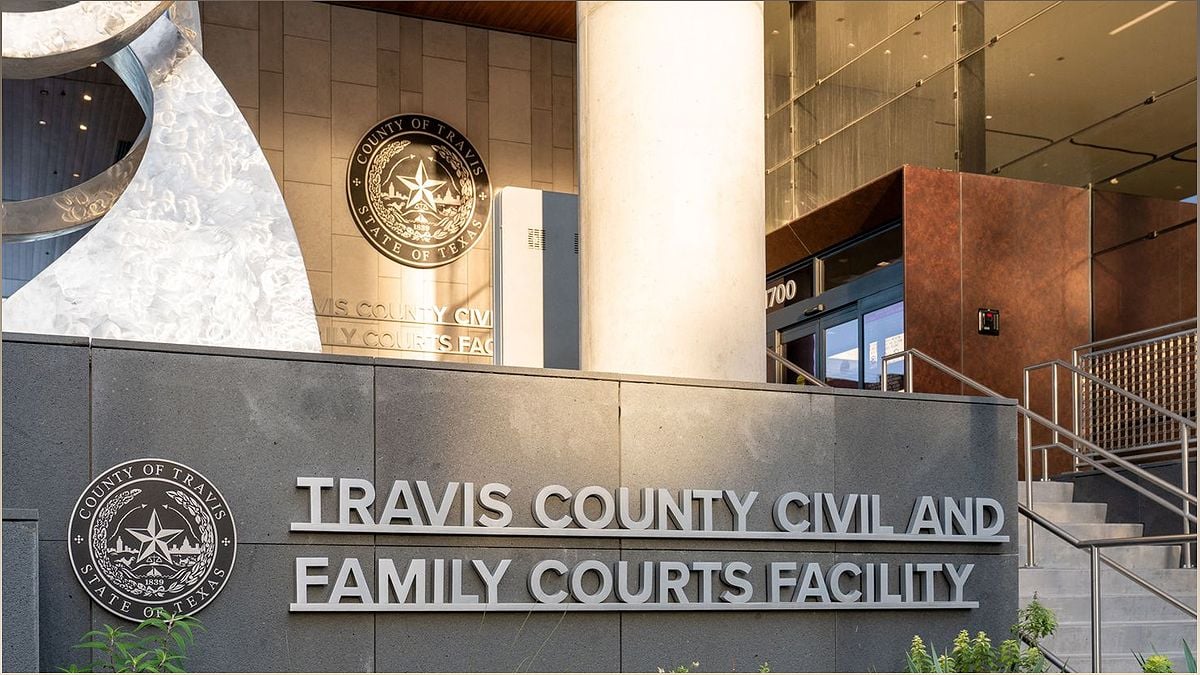Texas Supreme Court Temporarily Halts Court-Approved Abortion
The Texas Supreme Court has issued a temporary halt on a lower court order that permitted a Dallas woman to have an abortion, despite the state’s strict bans. This decision comes as part of an ongoing legal battle over abortion in Texas, which has some of the strictest abortion laws in the nation. Stay informed on the latest developments in this controversial issue.
Texas Supreme Court Halts Lower Court Order
The Texas Supreme Court has issued a temporary halt on a lower court order that permitted a Dallas woman to have an abortion, despite the state’s strict bans.
The Texas Supreme Court has temporarily halted a lower court order that allowed a Dallas woman to obtain an abortion despite the state’s strict bans. This decision comes in response to an appeal from Texas Attorney General Ken Paxton, who opposed the woman’s abortion.

The court’s administrative stay is intended to provide more time for a final ruling on the matter. The lower court order, issued by a judge in Travis County district court, protected the woman’s doctor from civil or criminal liability and allowed her to proceed with the abortion.
Ongoing Legal Battle over Abortion Bans
Texas has some of the strictest abortion laws in the nation, and these bans have faced scrutiny over their medical exceptions and the fear of prosecution among doctors.

Attorney General Ken Paxton argued in his appeal that allowing the abortion would result in the loss of an unborn child’s life. He also warned hospitals and individuals involved in the case that they could still face criminal or civil lawsuits despite the temporary restraining order issued by the district court.
The Texas Supreme Court’s ruling only applies to the specific case of Kate Cox and her current pregnancy. However, the court is also considering a broader lawsuit that seeks to clarify the medical exemption for abortions in the state.
Attorney General Paxton’s Stance on Abortion
Attorney General Paxton has used legal action and official opinions to advocate for conservative causes, including strict abortion regulations. He argues that protecting the unborn child’s life is of utmost importance.
In Texas, the attorney general does not have the authority to bring criminal charges directly under the abortion bans. Local district attorneys handle such cases. So far, no doctors or providers have been prosecuted for performing abortions in Texas, and only a small number of civil lawsuits have been filed under a state law that allows for lawsuits against those who assist with abortions.
Concerns Raised by Reproductive Rights Advocates
Reproductive rights advocates argue that justice delayed could be justice denied for women seeking abortions in Texas. They express concerns about the impact of the ongoing legal battle on access to reproductive healthcare.
The Texas Supreme Court’s final ruling on the case will have significant implications for abortion rights in the state and may set a precedent for future legal challenges.
